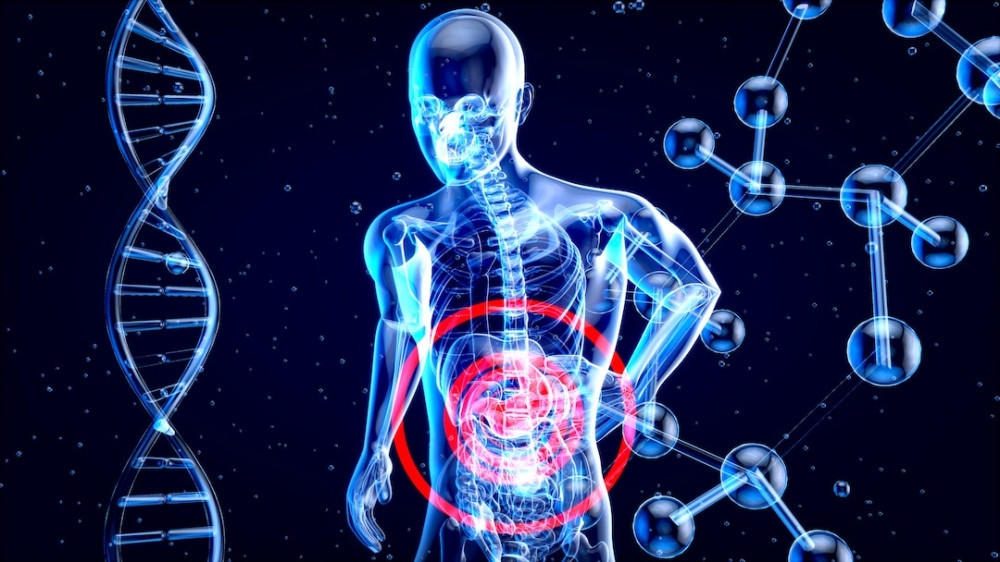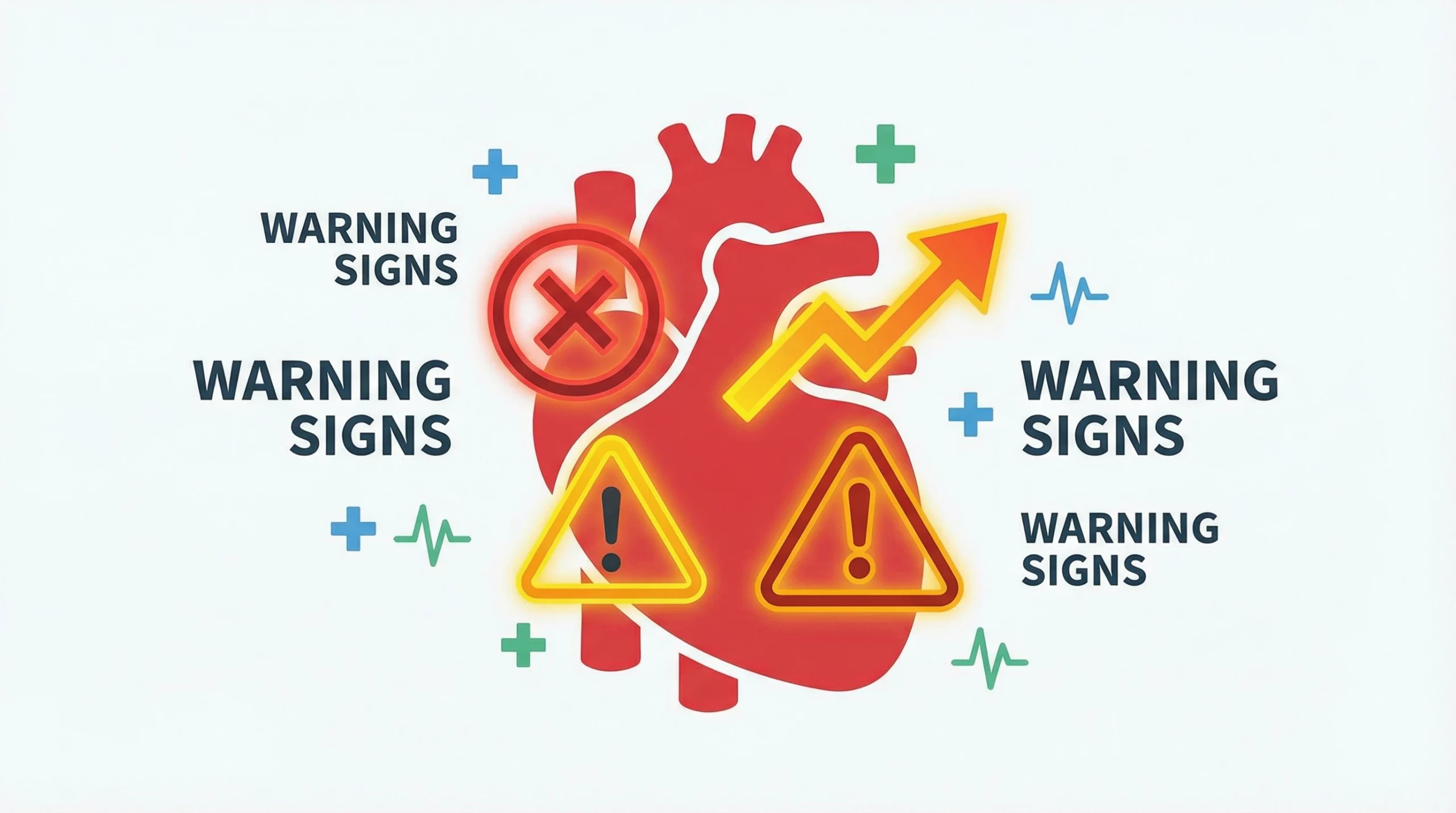As someone in the healthcare field, one of the most common counseling points provided to patients taking antibiotics is to consider adding probiotics. Have you heard this before? Have you ever wondered why? This article aims to address these questions and discuss when probiotics should be taken while on antibiotics.
What is Microbiome
The word “Microbiome” can be separated into two parts: “Micro”, which means small, and “Biome”, which means an area that is occupied by a community of living things. Combining them together to form microbiome creates a word that means a living community of microorganisms located in a specific space. There are many different types of microbiomes. Some have become a topic of interest for many scientists and are being studied vigorously. Some of them are the gut microbiome, skin microbiome, and nasopharyngeal microbiome. The relationship between microbiomes and their host has been demonstrated by multiple scientific studies. Have you ever heard of a commensal relationship before? A commensal relationship is a relationship between two living species where both species benefit from the relationship. The relationship between us and these microbial organisms is an example of such relationship. Over time, both microorganisms and we have become dependent on one another. Due to this dependency, when the relationship becomes imbalanced, it can cause detrimental effects both to them and to us. The microbiome that we are going to be discussing today is primarily the gut microbiome. This is because the gut microbiome is at the frontline when we’re talking about the use of probiotics during antibiotic treatment.
The microorganisms in the gut microbiome occupy a large amount of space within our digestive system. The area can start from our esophagus all the way down to the rectum. Many studies have been conducted that demonstrate various important roles of the gut microbiome in our digestion and nutrition. The next section is going to highlight some of these important roles.

Why is Gut Microbiome Important
It is estimated that there are over 100 trillion microorganisms in our gut microbiome. When everything is in balance, the gut microbial help us maintain good digestive health by ensuring that the foods are digested correctly. They also help reduce the amount of inflammation that we may experience from bad bacteria. Because both the good bacteria of the microbiome and the bad bacteria need similar resources like nutrients and space, They compete with one another for these resources. By having a strong and healthy gut microbiome, these good bacteria can fight off the bad bacteria, thus reducing the amount of potential inflammation.
Aside from the benefits provided above, these organisms also have been shown to interact with the cells in our digestive systems. Some studies have shown that microorganisms interact with our cells inside the digestive system to trigger and boost the response and the activities of certain immune system cells. In theory, this allows us to have a stronger immune system.
For all of these benefits to happen, we heavily rely on the strong presence of the good bacteria in the gut microbiome, but when there is an imbalance in the relationship, whether it be from eating a bad diet, chemicals, or medications, the presence of the microorganism is affected, and the normal benefit that they usually provide us may be put on a pause.
What Antibiotics do to Microbiome
Antibiotic is a class of medication that is most commonly used to treat infections. Many medications in this drug class are considered to be broad-spectrum antibiotics. What is a broad-spectrum antibiotic, and why it’s important? In the scenario of an infection, a broad-spectrum antibiotic can be very nice because it can target multiple types of pathogens or bad bacteria. But because it works on multiple types of bacteria, it does not exclude the good bacteria of the gut microbiome.
The end result is that while antibiotics are doing a good job of eliminating the bad bacteria from the infection, they also eliminate some of the good bacteria that we are relied on for our digestive health. This is why for a lot of people, it is important to replenish those good bacteria while they take an antibiotic.

How Probiotics Help
You may ask, so where do probiotics come into play? How do they help?
Let us think about what probiotics are. Probiotics are live microorganisms that have been proven to have some benefits for our health. That is the official definition from the World Health Organization. The role of probiotics during the use of antibiotics is to help replenish those good bacteria that we have lost so that our body is not losing out on any health benefits that might have been on a pause button when the number of these good bacteria decreases.
Another reason why you might consider taking probiotics during an antibiotic treatment. We talked about how antibiotic eliminates a lot of bacteria. This includes the unintentional elimination of good bacteria. Due to the low number of good bacteria as a result, this can potentially lead to not having enough to fight off a very nasty bacteria called Clostridium difficile that love to stay in our colon. This bad bacterium causes very severe diarrhea and can be difficult and expensive to treat because not a lot of antibiotics work for this pathogen, and even fewer can get into the colon to work their magic. Please keep in mind that any potential antibiotics have the potentials to cause diarrhea. Usually, it just goes away on its own. But the diarrhea that we’re talking about right now takes normal diarrhea to the next level. It is very bad and severe. This is why preventing this from happening in the first place may be a good idea.
Now I am not saying that we should not take antibiotics at all. We definitely should if we have an infection because an infection if left untreated, can lead to more serious health issues or even death. But I believe that we should also try to do our due diligence to prevent this C. Difficile-related diarrhea from happening. So how do we do it? Well, let’s look at some data regarding probiotics.
There was a systematic review study that was conducted in 2017 to explore how well probiotics are at helping to prevent Clostridium difficile-associated diarrhea. The author concluded that after examining over 31 studies that included almost 9,000 patients that there was moderate evidence that suggests that probiotics are effective for preventing severe diarrhea. He also stated that short-term use of probiotic during the duration of antibiotic treatment appear to be safe and effective. So even though he proceeded to mention that more research is needed to confirm this finding, the result implied a probiotic may potentially be beneficial.
When to Take Probiotics
So far, in this article, we have gone over why and how probiotics can help you maintain your gut microbiome during antibiotic treatment. The question that we have left to answer is. When is the appropriate time to take probiotics?
Of course, we know that we don’t want to take it at the same time as the antibiotics because they may still get targeted by the antibiotics, and you want to keep the number as high as you can to help replenish the number that you’ve lost so far. So now the question becomes how long before or how long after you have taken antibiotics that you can safely take probiotics.
The answer is we are not sure. There are some doctors and pharmacists who recommended that people take probiotics a few hours after their antibiotic dose. But as far as scientific data and studies go, we currently don’t have any available data to base a solid recommendation on. The only thing that scientists and healthcare professionals are certain of is that taking probiotics and antibiotics together will diminish the benefits that each can offer.
Conclusion
Thank you for reading this article and showing your support. I hope that this has been helpful to some of you. There is so much more that we can learn about probiotics, and I hope that you will all be here with me as we explore this topic in the future. As usual, if you have any questions or concerns or any topic that you would like me to discuss, please feel free to comment down below or reach out to me via e-mail.

Reference
- Goldenberg, J. Z., Ma, S. S. Y., Saxton, J. D., Martzen, M. R., Vandvik, P. O., Thorlund, K., Guyatt, G. H., & Johnston, B. C. (2013). Probiotics for the prevention of Clostridium difficile-associated diarrhea in adults and children. The Cochrane Database of Systematic Reviews, 5, CD006095. https://doi.org/10.1002/14651858.CD006095.pub3
- Kim, S.-K., Guevarra, R. B., Kim, Y.-T., Kwon, J., Kim, H., Cho, J. H., & Lee, H. B. K. and J.-H. (2019). Role of Probiotics in Human Gut Microbiome-Associated Diseases. 29(9), 1335–1340. https://doi.org/10.4014/jmb.1906.06064
- Shanahan, F., Ghosh, T. S., & O’Toole, P. W. (2021). The Healthy Microbiome-What Is the Definition of a Healthy Gut Microbiome? Gastroenterology, 160(2), 483–494. https://doi.org/10.1053/j.gastro.2020.09.057
- Silbergeld, E. K. (2017). The Microbiome. Toxicologic Pathology, 45(1), 190–194. https://doi.org/10.1177/0192623316672073Ursell, L. K., Metcalf, J. L., Parfrey, L. W., & Knight, R. (2012). Defining the Human Microbiome. Nutrition Reviews, 70(Suppl 1), S38–S44. https://doi.org/10.1111/j.1753-4887.2012.00493.x












Leave a Reply